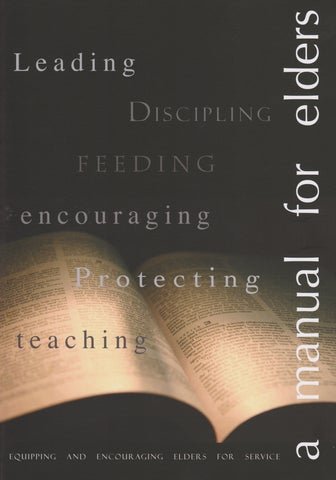Weddings have been postponed. Birthday parties have been cancelled. Businesses have shut their doors. Mourners have resorted to streaming funerals on their iPads. Yet in Downing Street the drinks have flowed and the party has gone on. The latest revelation is that a birthday party was held for Boris Johnson in June 2020. Around the same time, Greater Manchester Police attended a property where three families were celebrating a child’s birthday in a private garden – and issued the homeowner with a fixed penalty notice.
In this incredibly polarised age it isn’t often that political adversaries are united on the central issue of the day. Yet Boris Johnson, one of the most polarising Prime Ministers in recent history, has managed exactly that. Even before the birthday party came to light and an investigation by the Met police was announced, a poll found that 66% of voters believed he should resign.
The polarisation of politics causes supporters to overlook the obvious flaws, mistakes, and downright wrongdoing of those who are aligned to their cause, but if there is one thing the public will not stand for it is surely hypocrisy.
But have you ever thought about the question of why hypocrisy in our leaders bothers us so much? Historically, it was just accepted that rulers would break their own rules. ‘One rule for them, another rule for us’ was just an accepted part of life.
In the ancient world, punishments all depend on the status of the perpetrator and the status of the victim. Such a caste system is found wherever you turn — whether to the Greeks, the Persians or the Romans. Inequality was just assumed.
Ask an ancient ruler whether it was one rule for them and another for the people and they would blink in incomprehension: what else does it mean to rule?
How different our assumptions are today!
We believe that each individual has an equal dignity before the law no matter their age, race, sex or social standing. We believe that laws govern the rulers as well as the ruled. We believe that might can never make right, that a society should be judged by the way it treats its weakest members, and that rulers should serve rather than be served.
What we take to be obvious, natural and universal - like the evil of hypocrisy - is nothing of the sort. Rather, it is a direct result of the influence of Christianity. In the words of historian Tom Holland, Christianity is: ‘the most disruptive, the most influential and the most enduring revolution in history’, and whether we consider ourselves Christian today or not, we are very much children of that revolution.
This revolution began on page one of the Bible with all humanity declared to be created in God’s image (not just the king – everyone). It continues through the Old Testament with rulers commanded to reign under the law and in covenant with God and their people. It culminates in the coming of Christ, the King. He came as ‘servant of all… not to be served, but to serve, and to give his life as a ransom for many’ (Mark 10:45).
As someone has put it: ‘You may have never set foot inside a church, but if you’re outraged at the ways the powerful are using their powers…that is your Christianity talking’.
The idea of Jesus ignoring the law of God was unthinkable – because God’s law is based on his own character. And the best news of all is that Jesus kept that law – not simply as an example for us – but as our representative. We’re all hypocrites to some extent. We hold others to high standards – but let ourselves off a bit more lightly. We fail to live up to our own standards at times, never mind God’s.
But in the person of Jesus, God’s law has been kept perfectly in our pace.
We’re right to be outraged at hypocrisy in others. But if someone were to launch an investigation into our lives – and if they could see our thoughts and motivations as well as our actions – none of us would want the results published.
Christianity rightly emphasises that we’re forgiven for our sins through Jesus’ death on the cross. But forgiveness in itself would only take us back to square one – still unable to reach God’s perfect standard.
What good news then that Jesus kept God’s law – and that he did so for us.
Published in the Stranraer & Wigtownshire Free Press, 27 January 2022
Based on this article by Glen Scrivener for Premier Christianity



